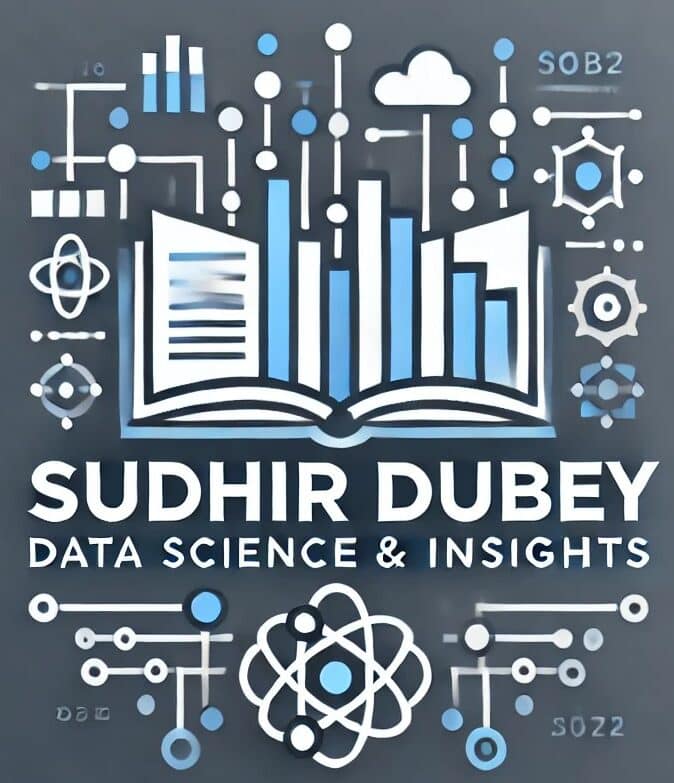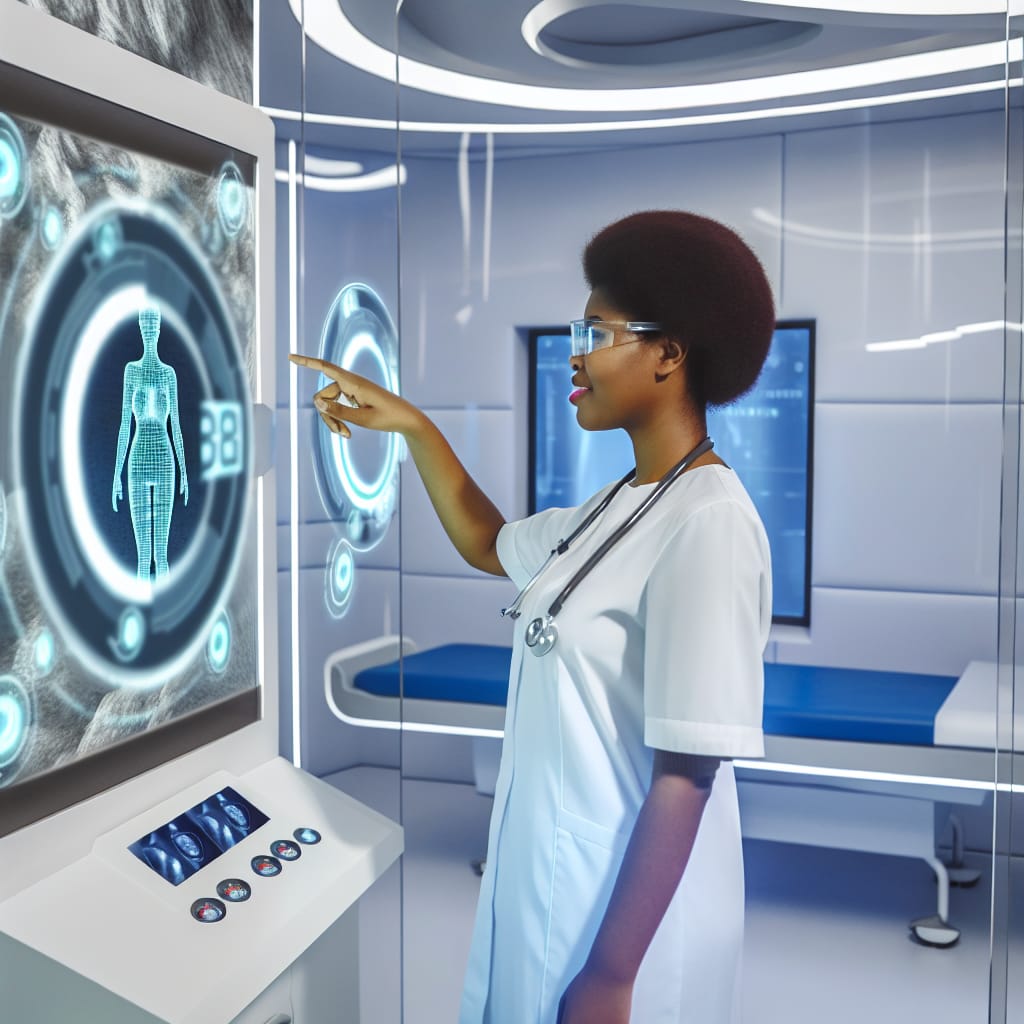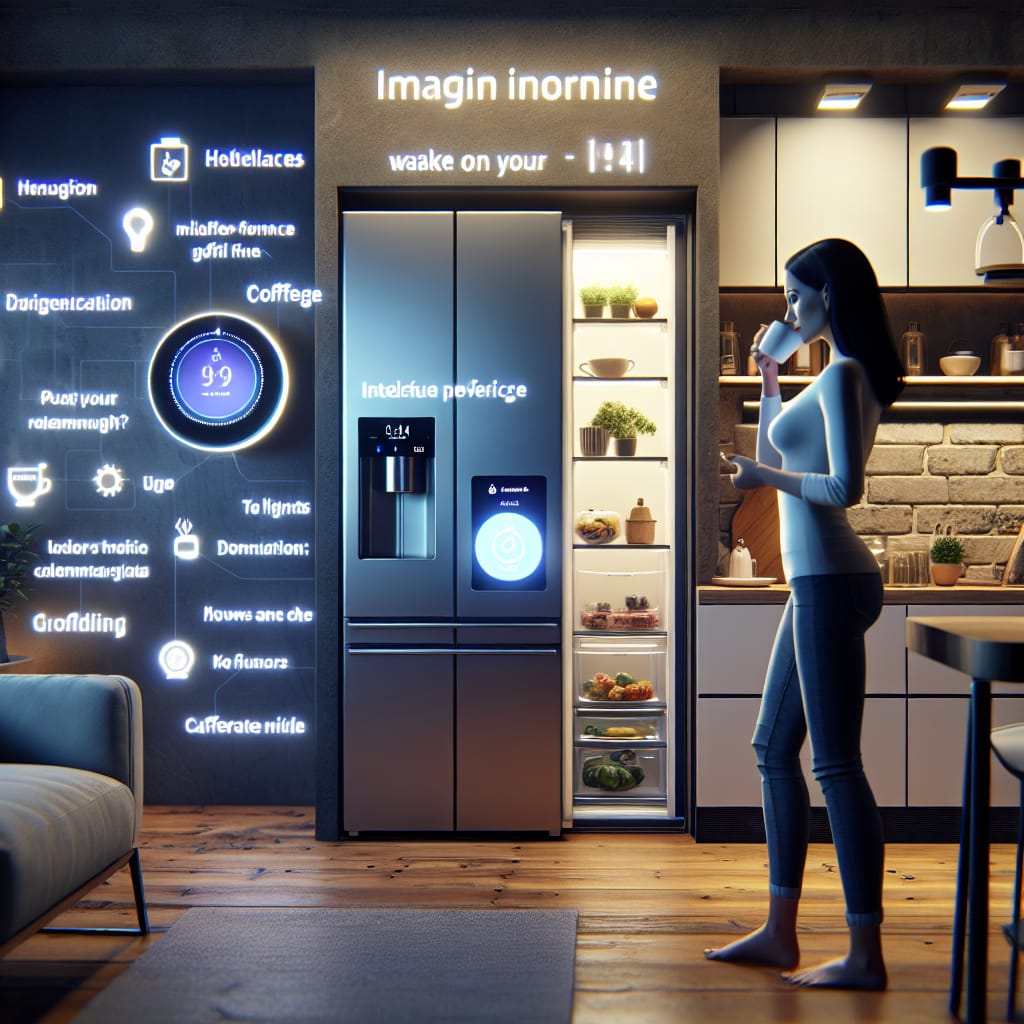2025: Advanced AI in Healthcare and Personalized Medicine
Artificial Intelligence (AI) is revolutionizing various industries, with healthcare being one of the most significant beneficiaries. AI in healthcare opens up new dimensions in personalized medicine, addressing a myriad of challenges faced in traditional medical practices. From predicting disease outbreaks to providing individualized treatment plans, AI is reshaping the healthcare landscape. In this comprehensive guide, we delve into the advanced applications of AI in healthcare and explore how personalized AI in medicine is making strides towards a healthier future.
Advanced Applications of AI in Healthcare
AI is transforming healthcare with its ability to process vast amounts of data and produce actionable insights. Machine learning algorithms are being employed to enhance diagnostic accuracy. For instance, AI-powered imaging techniques significantly improve early cancer detection, minimizing misdiagnosis. Furthermore, natural language processing (NLP) is facilitating better patient management by analyzing electronic health records (EHRs) to identify potential health risks.
In addition, robotic process automation (RPA) streamlines hospital operations, reducing the administrative burden on healthcare professionals and allowing them to focus more on patient care. For AI professionals and data scientists, understanding these applications is crucial for developing models that can further drive efficiencies in healthcare systems.
Personalized AI in Medicine
Personalized medicine represents a significant leap forward, enabled by AI’s ability to tailor treatments to individual patients based on their genetic makeup and lifestyle. AI algorithms analyze genomic data to predict patient responses to specific medications, leading to more effective treatments with fewer side effects. This personalized approach promises not only improved patient outcomes but also a reduction in healthcare costs by avoiding ineffective treatments.
Real-World Examples and Case Studies
Consider the example of IBM’s Watson Health, which uses AI to analyze clinical trial outcomes and provide evidence-based treatment options for cancer patients. This demonstrates AI’s potential in facilitating personalized care and advancing precision medicine. Another example is Google’s DeepMind, which has successfully applied AI to predict kidney disease deterioration, allowing for proactive intervention.
Emerging Trends and Frameworks
The rise of AI in healthcare is accompanied by new trends such as federated learning, which enables data sharing across institutions without compromising patient privacy. Additionally, the integration of blockchain technology with AI ensures secure patient data management and facilitates trustworthy AI model development and deployment. AI frameworks like TensorFlow and PyTorch are at the forefront, empowering data scientists to build robust healthcare solutions.
For more insights on AI frameworks, read our detailed analysis on AI Frameworks.
Also, check out this external resource for up-to-date research in AI healthcare applications: HealthIT.gov.
Conclusion
AI in healthcare is a dynamic and rapidly evolving field that offers both challenges and immense opportunities. Personalized AI in medicine is poised to redefine treatment protocols and enhance patient outcomes. As AI technologies continue to advance, future applications may include fully AI-driven diagnostics and treatment recommendations.
To stay informed about the latest advancements and AI applications in healthcare, subscribe to our newsletter or explore more on our blog.
Frequently Asked Questions
- What is personalized medicine?
- Personalized medicine is an approach that uses genetic and lifestyle data to tailor medical treatments to individual patients.
- How does AI improve healthcare?
- AI enhances healthcare by improving diagnostic accuracy, personalizing treatment plans, and streamlining hospital operations.
- What are the challenges of implementing AI in healthcare?
- Challenges include data privacy concerns, the need for high-quality data, and the integration of AI into existing healthcare systems.



